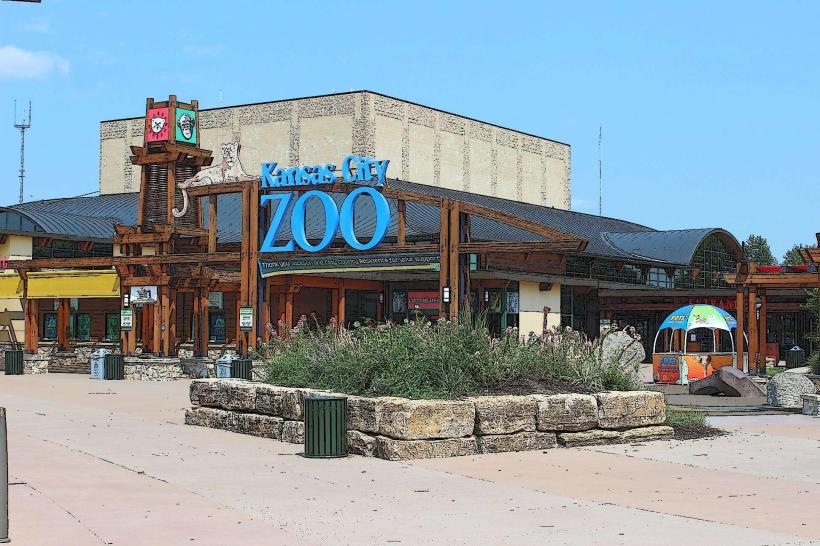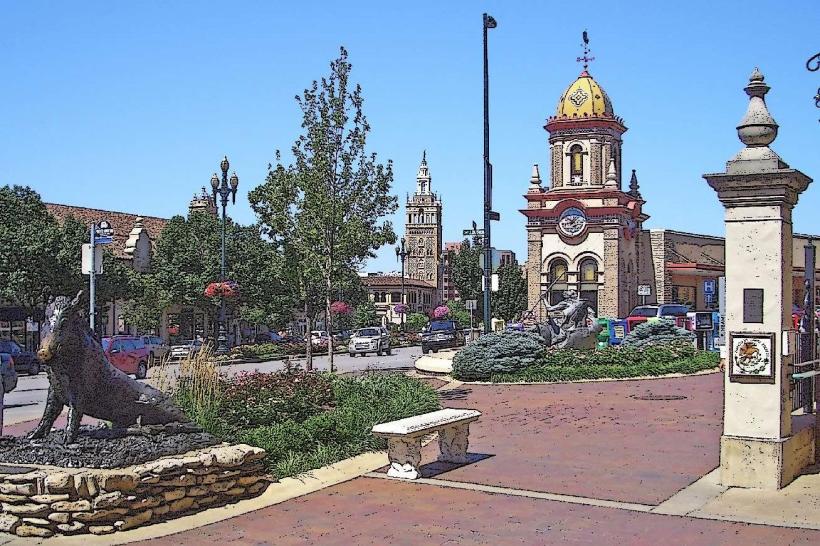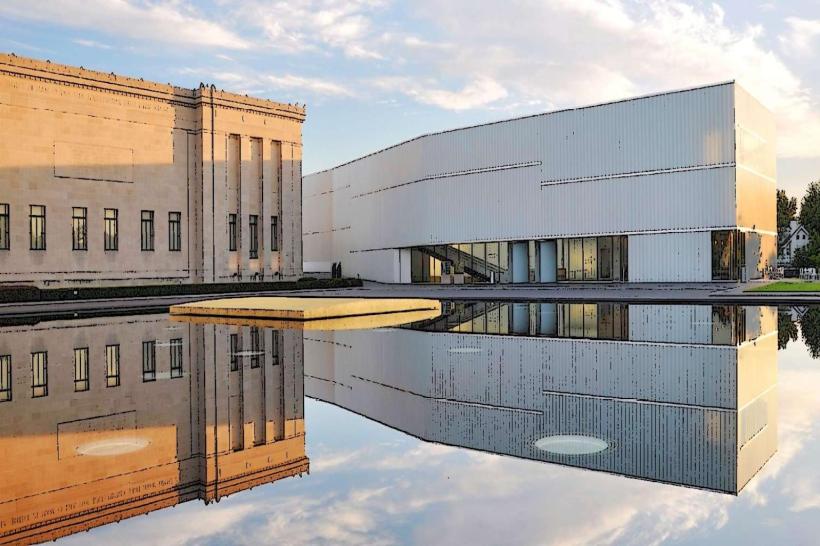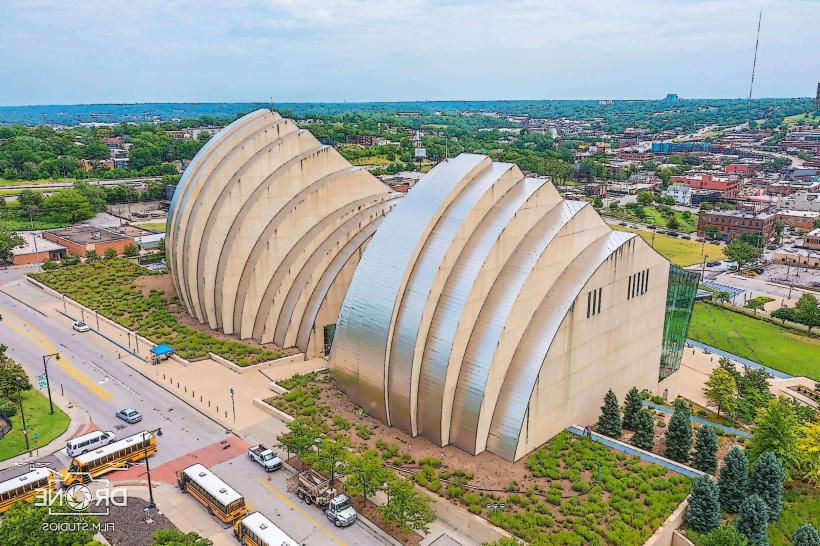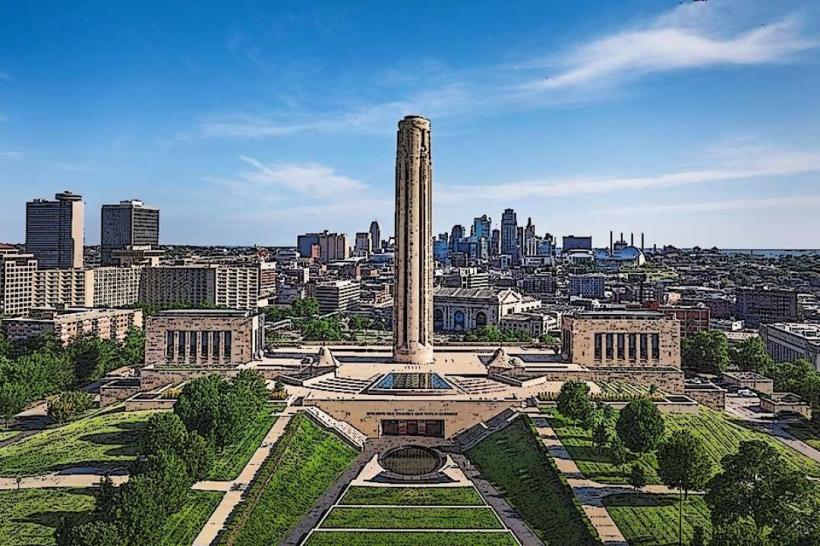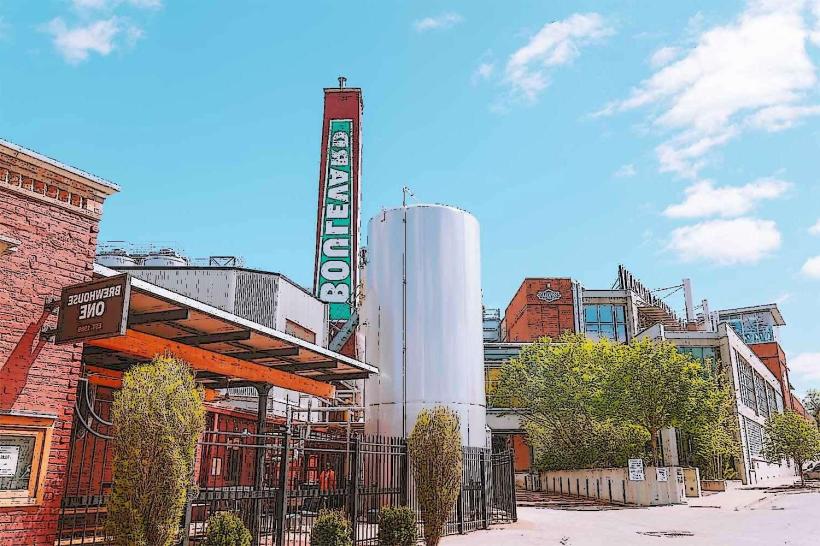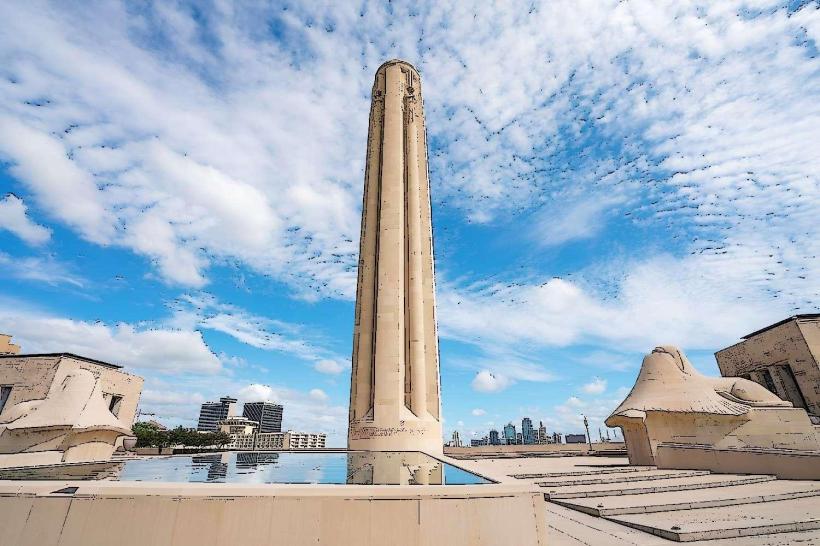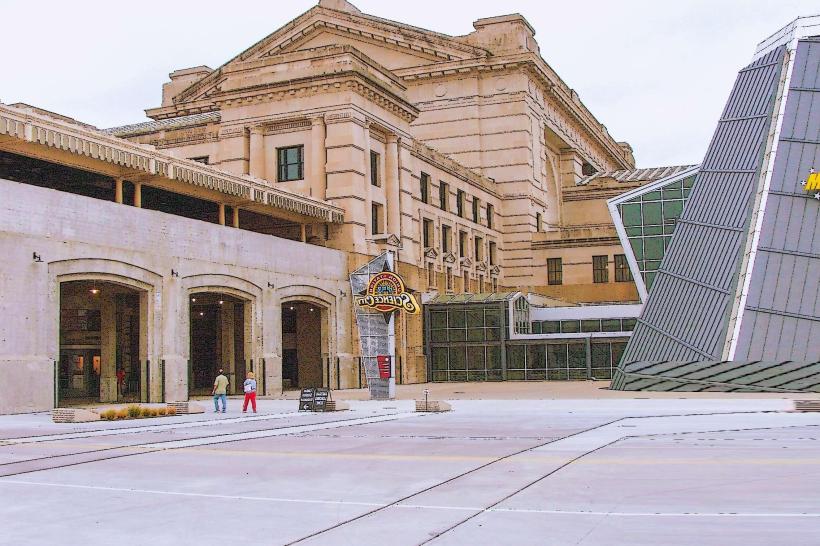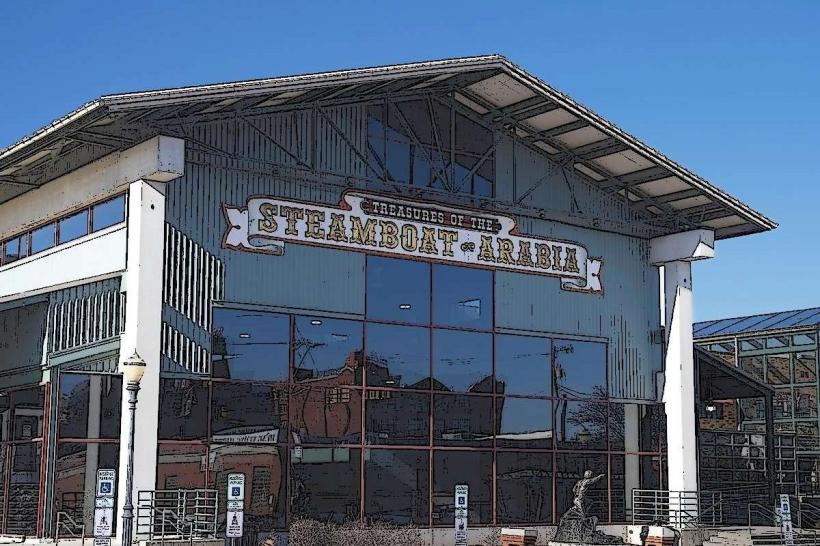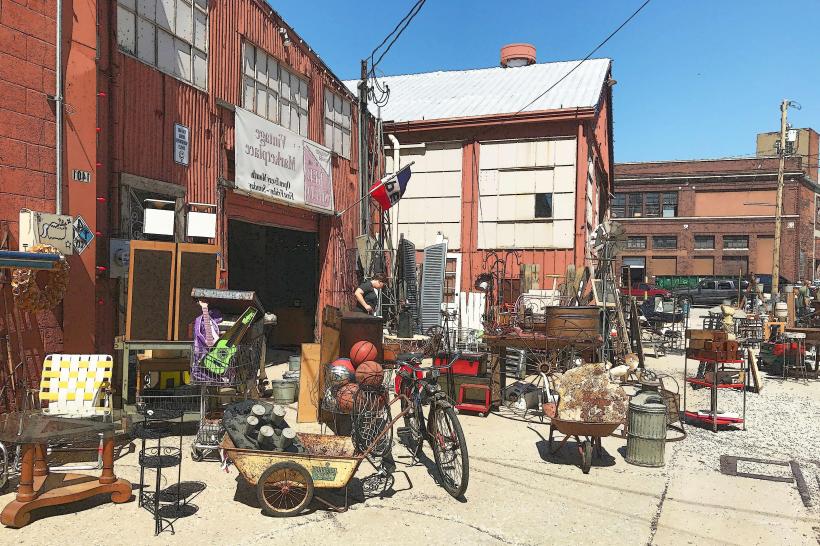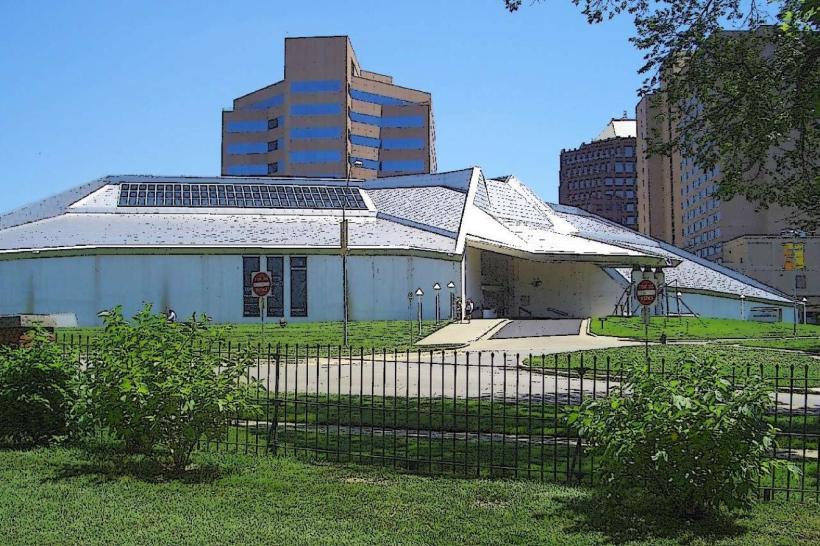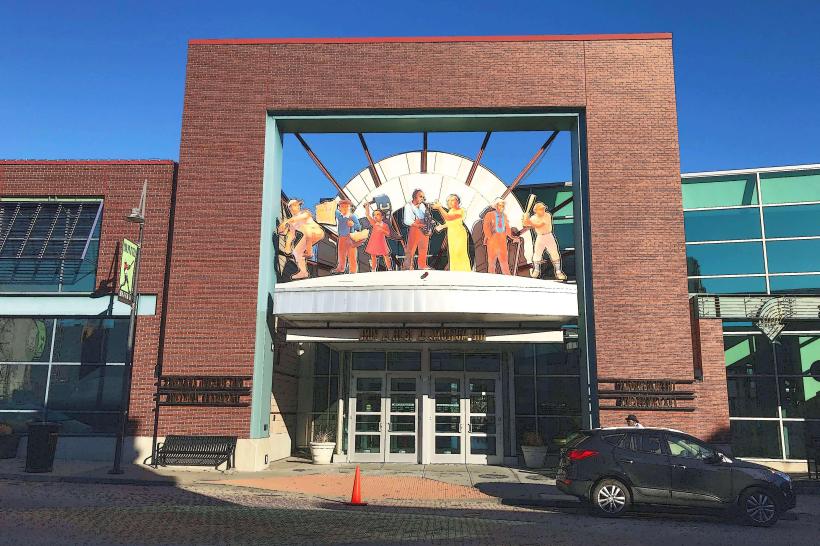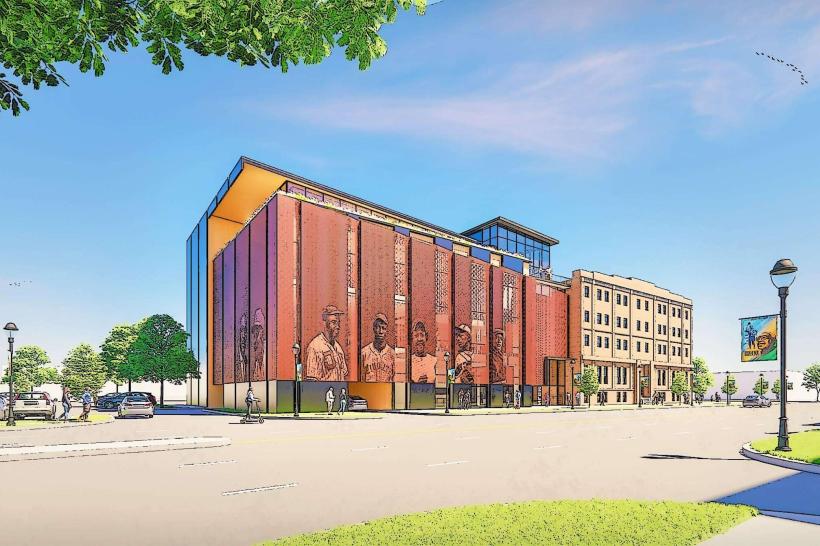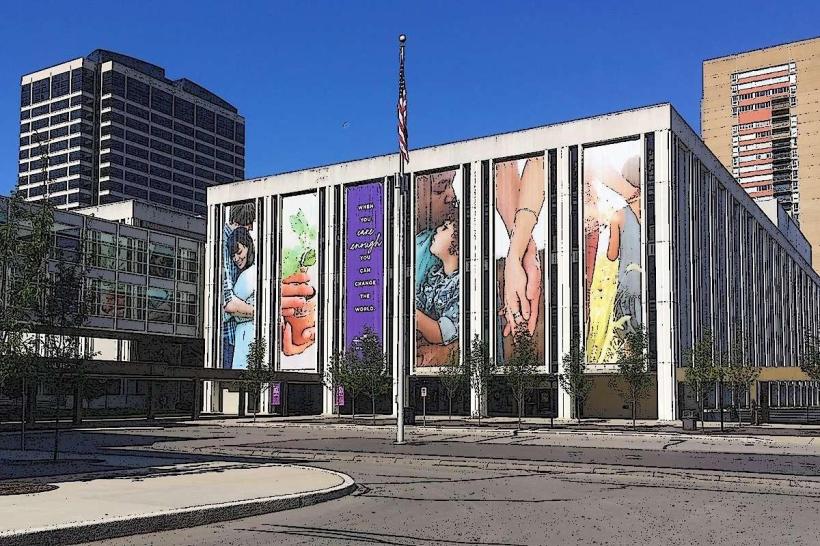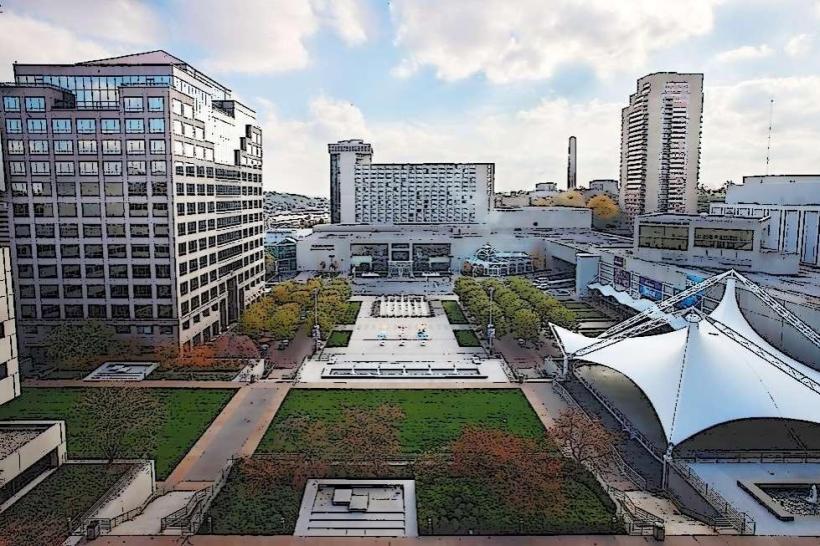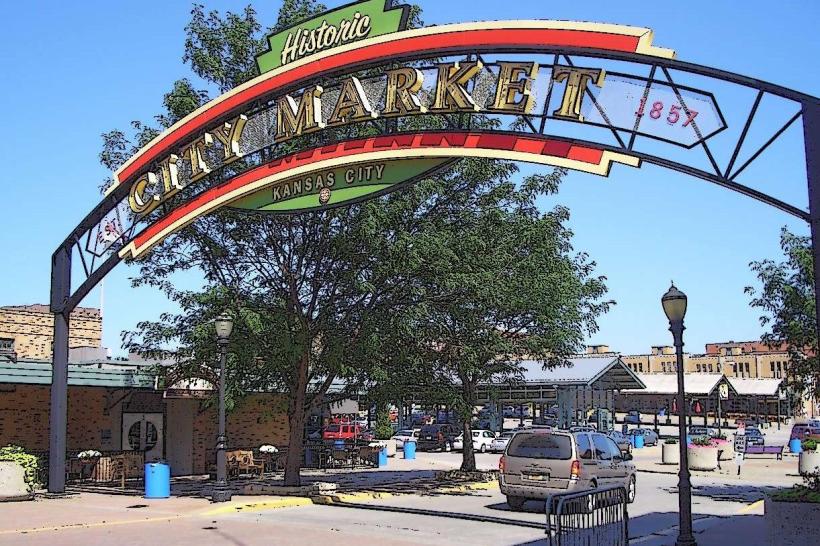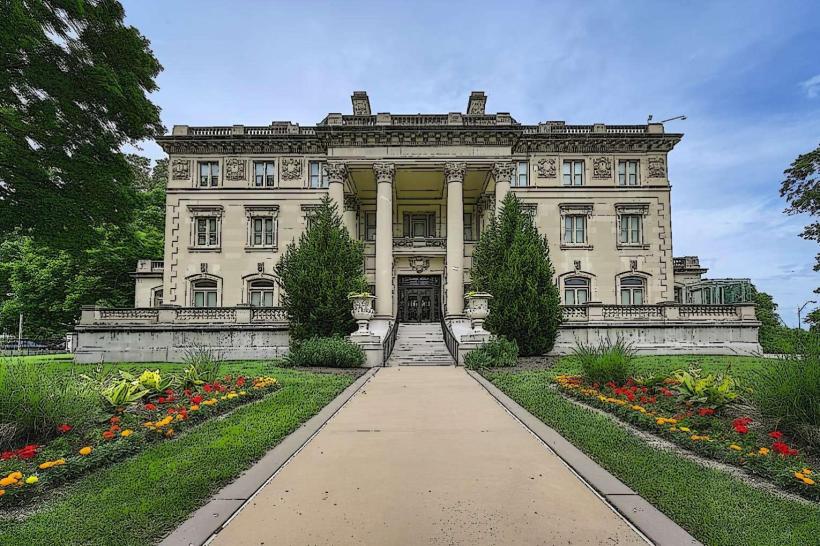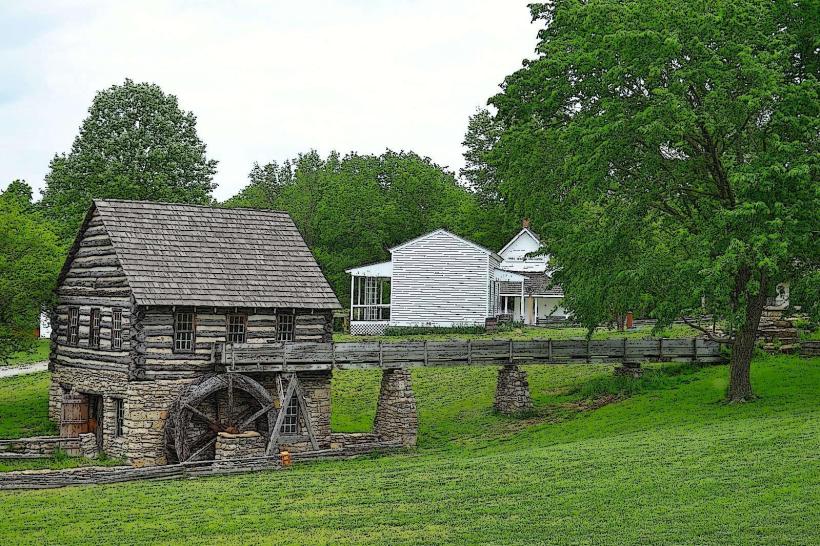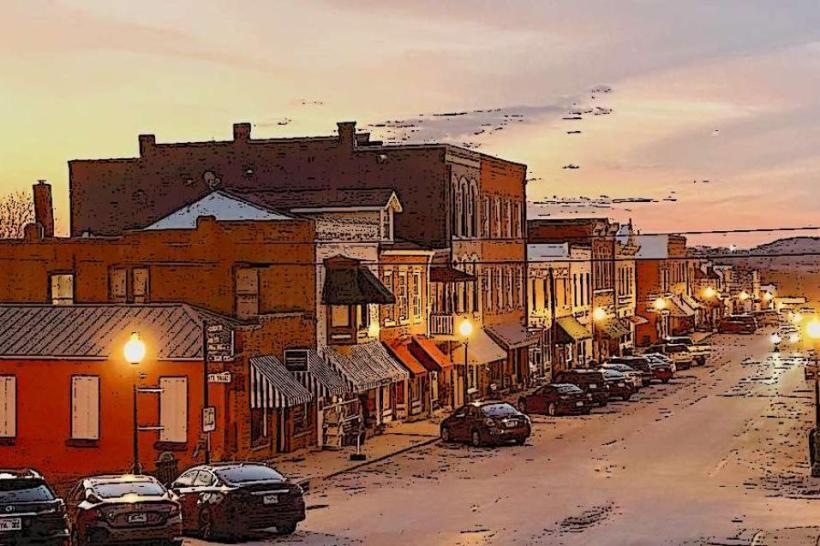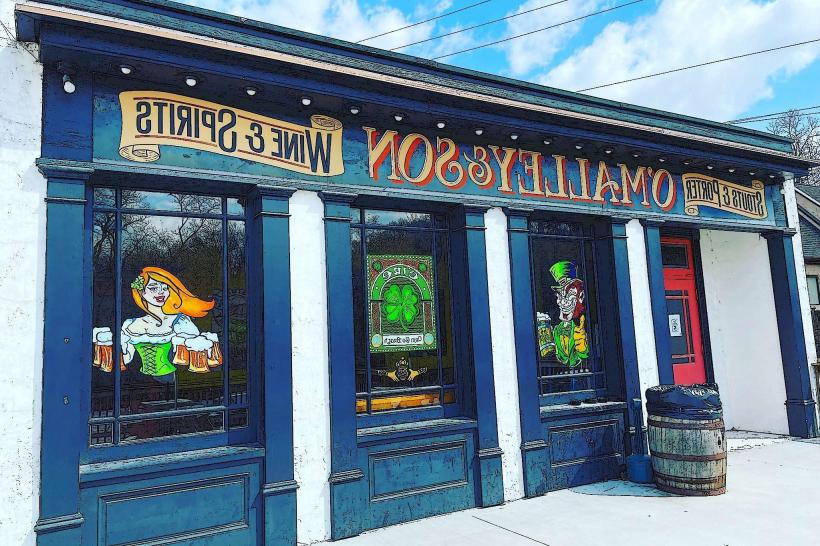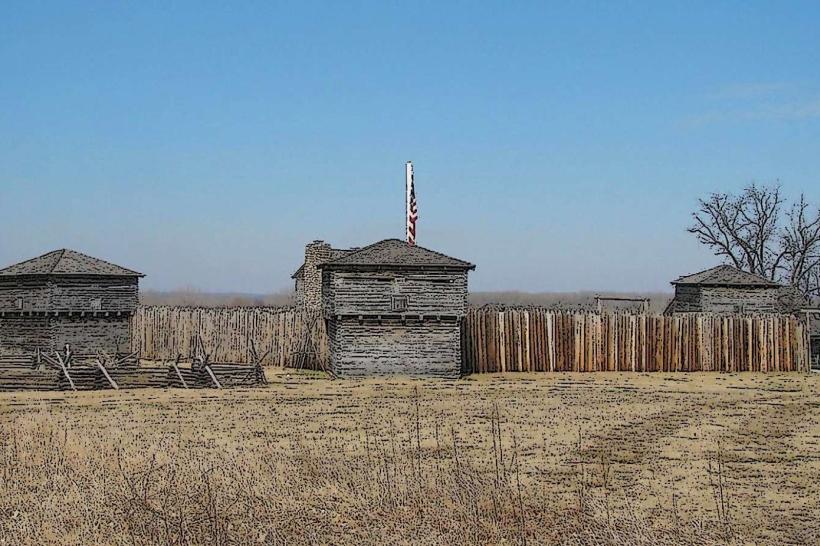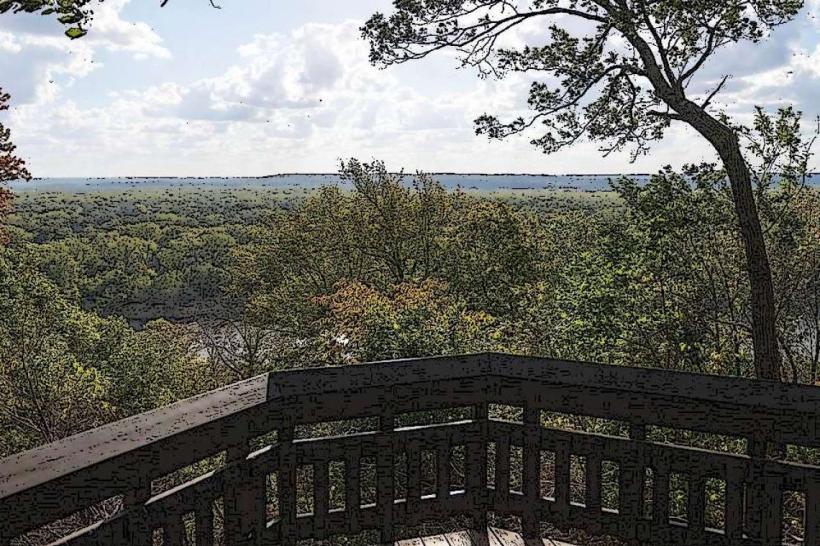Information
Landmark: Plattsburg Historic DistrictCity: Kansas City
Country: USA Missouri
Continent: North America
Plattsburg Historic District, Kansas City, USA Missouri, North America
Herman Melville's Arrowhead is a historic house museum located in Pittsfield, Massachusetts. It is the former home of author Herman Melville.
Visual Characteristics
The house is a two-and-a-half-story Georgian-style farmhouse constructed primarily of wood with white clapboard siding. It features a symmetrical facade with a central entrance and a gable roof. The interior retains original architectural details, including wide plank floors and fireplaces.
Location & Access Logistics
Arrowhead is situated approximately 5 kilometers west of downtown Pittsfield, Massachusetts. Access is via US Route 7 South, turning onto Melville Road. Ample free parking is available on-site. The Berkshire Regional Transit Authority (BRTA) bus route 21 stops within walking distance of the property.
Historical & Ecological Origin
The house was built in 1780 by Joseph Root. Herman Melville purchased the property in 1849 and lived there until 1863. During his residency, he wrote "Moby Dick" and "The Confidence-Man" within its walls. The property is situated on a former agricultural landscape, now largely wooded.
Key Highlights & Activities
Visitors can tour the rooms where Melville lived and worked, including his study. Guided tours provide historical context and insights into Melville's life and literary output. The grounds include walking paths through the surrounding fields and woods.
Infrastructure & Amenities
Restrooms are available on-site. Limited shade is provided by mature trees on the property. Cell phone signal (4G/5G) is generally available. No food vendors are present at the landmark; nearest options are in downtown Pittsfield.
Best Time to Visit
The best time of day for photography is late afternoon when the western light illuminates the house. The optimal months for visiting are May through October, offering pleasant weather for exploring the grounds. No tide considerations apply.
Facts & Legends
Melville's study, located in the west wing of the house, is preserved as it was during his occupancy. It is said that the desk where he wrote "Moby Dick" still bears ink stains from his quill pens.
Nearby Landmarks
- The Mount: Edith Wharton's Home (3.5km Southeast)
- Hancock Shaker Village (8.0km Northwest)
- Berkshire Museum (4.8km East)
- Naumkeag (12.0km Southeast)

